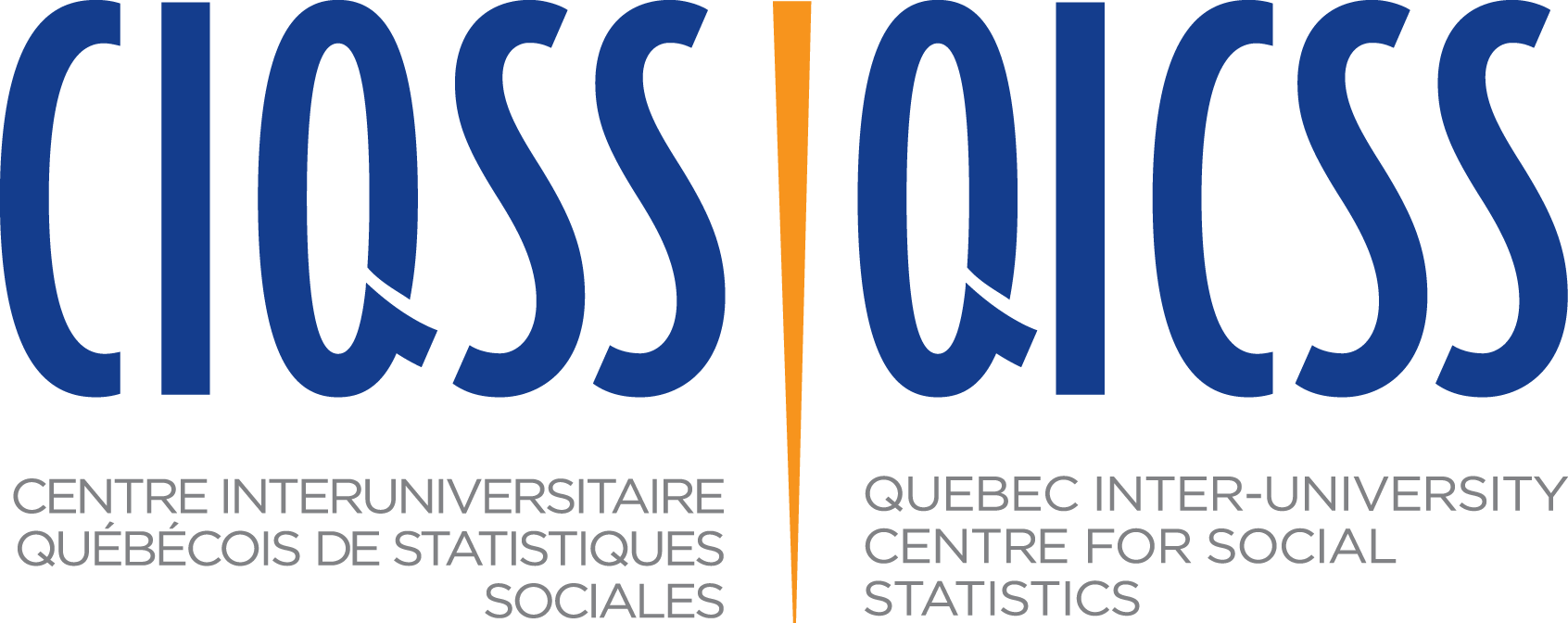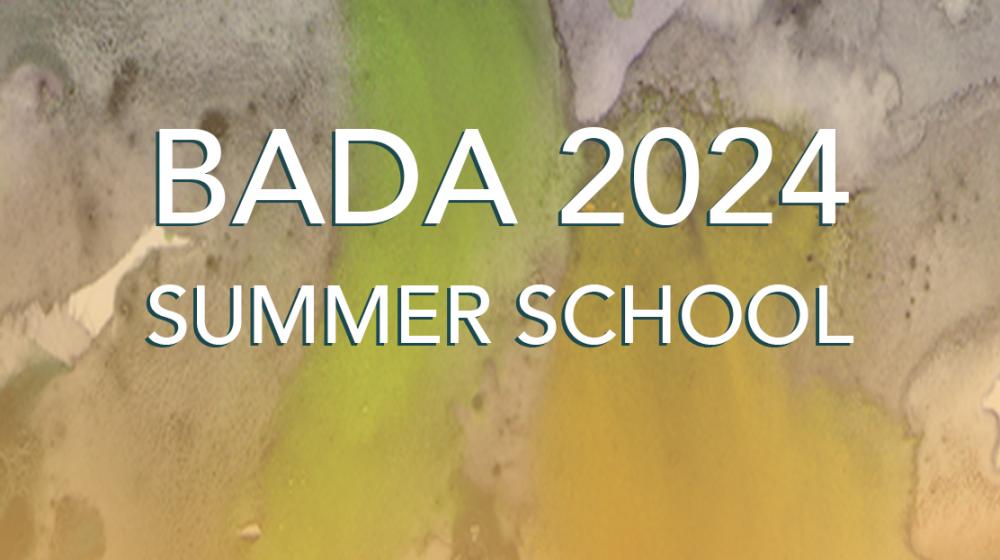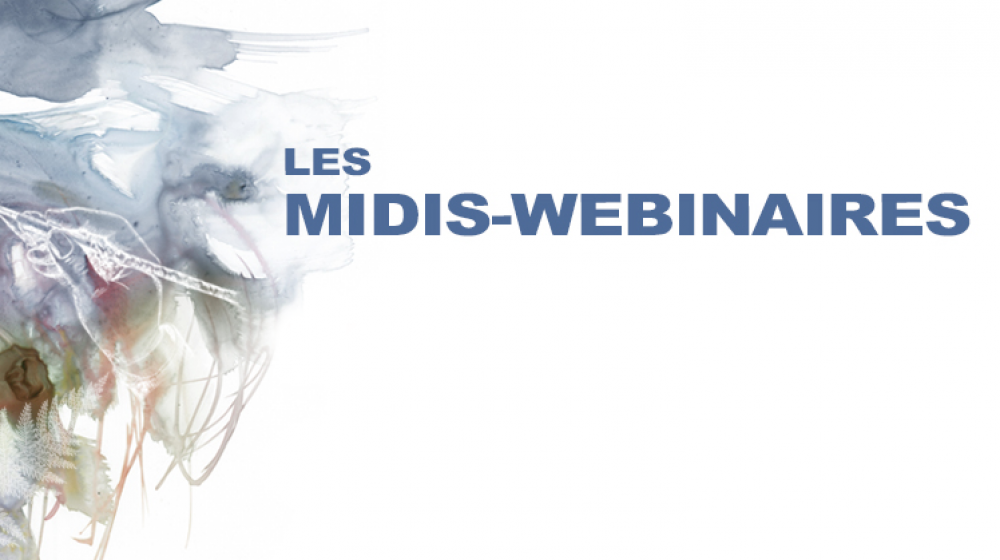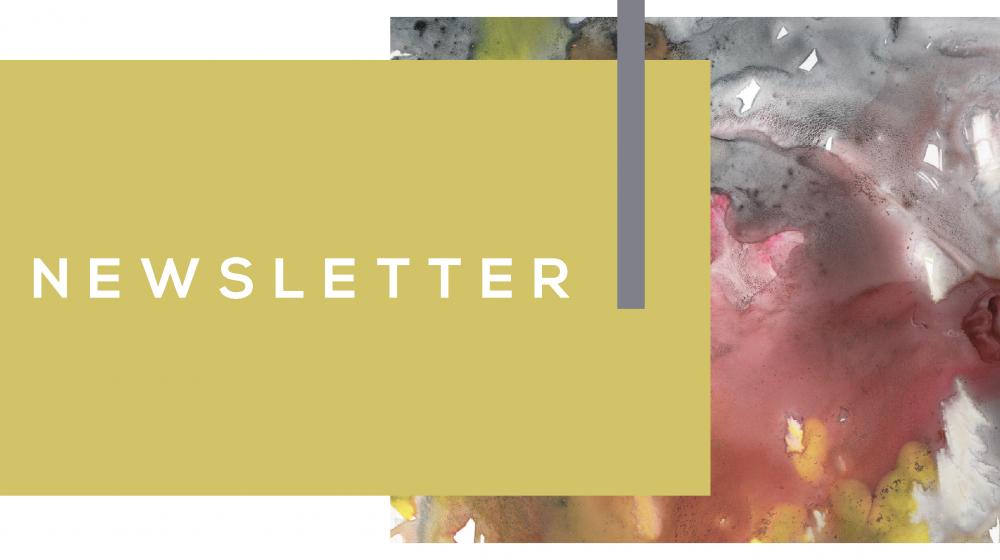Revue presse
- Urgence démographique | De « voleurs de job » à sauveurs - La Presse
- La Grande semaine des tout-petits, une 6e édition consacrée à la prévention et à la bienveillance - Le Soleil
- Crise climatique et enfants: l’urgence d’agir pour leur santé mentale - UdeM nouvelles
- Boissons et aliments volontairement enrichis: peu d'impact sur l'apport en vitamines et en minéraux - ULaval nouvelles
Job offer - Statistical assistant at QICSS laboratory, Université Laval
Statistics Canada is looking for a statistical assistant for the QICSS laboratoriy at the Université Laval. Please send cover letter and CV by email to Yves-Emmanuel Massé-François. For all the details, click here.
New datasets available at QICSS
- Canadian Food Environment Database (Can-FED) 2018
- Portrait of Canadian Society: Perceptions of Life during the Pandemic (PCS-PLP) 2021 – Wave 1
- General Social Survey - Canadians' Safety (GSS) 2019 – Cycle 34 (Update)
Bourse pour stage en milieu de pratique - Maîtrise et doctorat, INSPQ
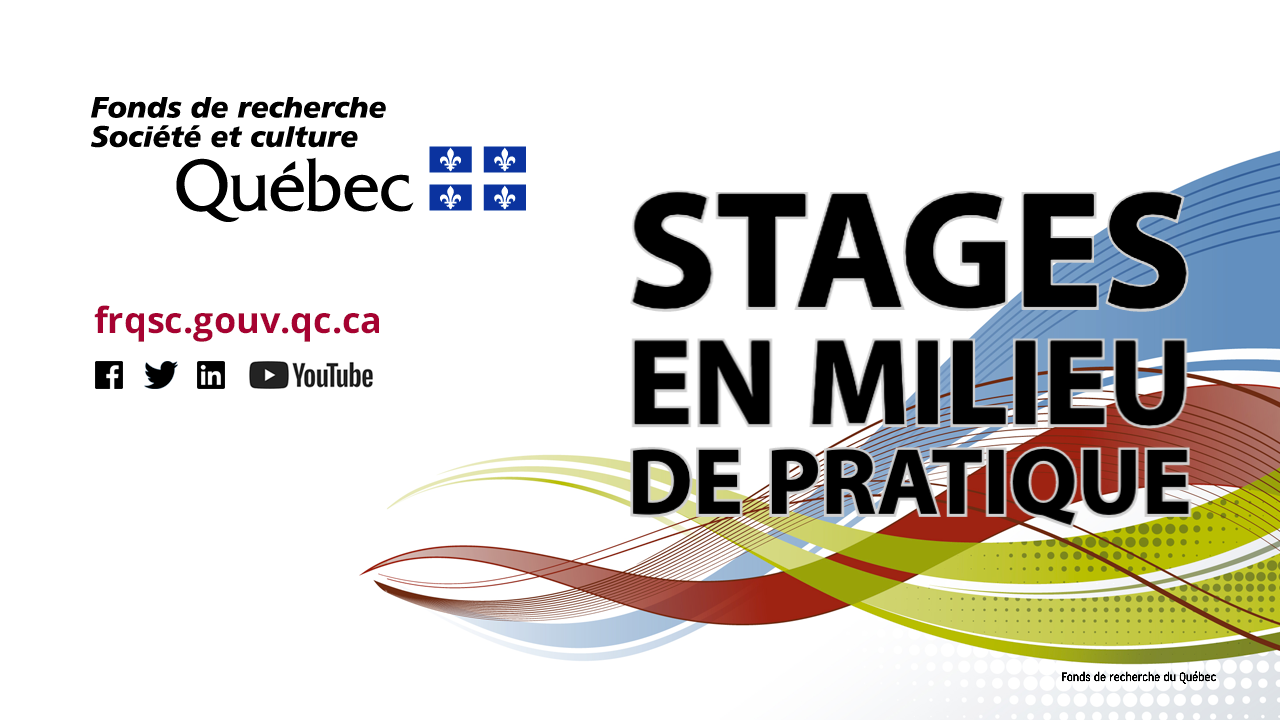 Dans le cadre du Programme de bourses de stage en milieu de pratique du FRQSC, l'Institut national de santé publique du Québec (INSPQ) offre aux étudiantes et étudiants qui poursuivent un programme de 2e ou de 3e cycles universitaires en recherche relevant des sciences sociales et humaines, des arts et des lettres un stage en milieu de pratique assortis d’une bourse au mérite de 9 000 $. Pour plus details, cliquez ici.
Dans le cadre du Programme de bourses de stage en milieu de pratique du FRQSC, l'Institut national de santé publique du Québec (INSPQ) offre aux étudiantes et étudiants qui poursuivent un programme de 2e ou de 3e cycles universitaires en recherche relevant des sciences sociales et humaines, des arts et des lettres un stage en milieu de pratique assortis d’une bourse au mérite de 9 000 $. Pour plus details, cliquez ici.
OBVIA/IVADO Master's Scholarship Indigenous Peoples and AI
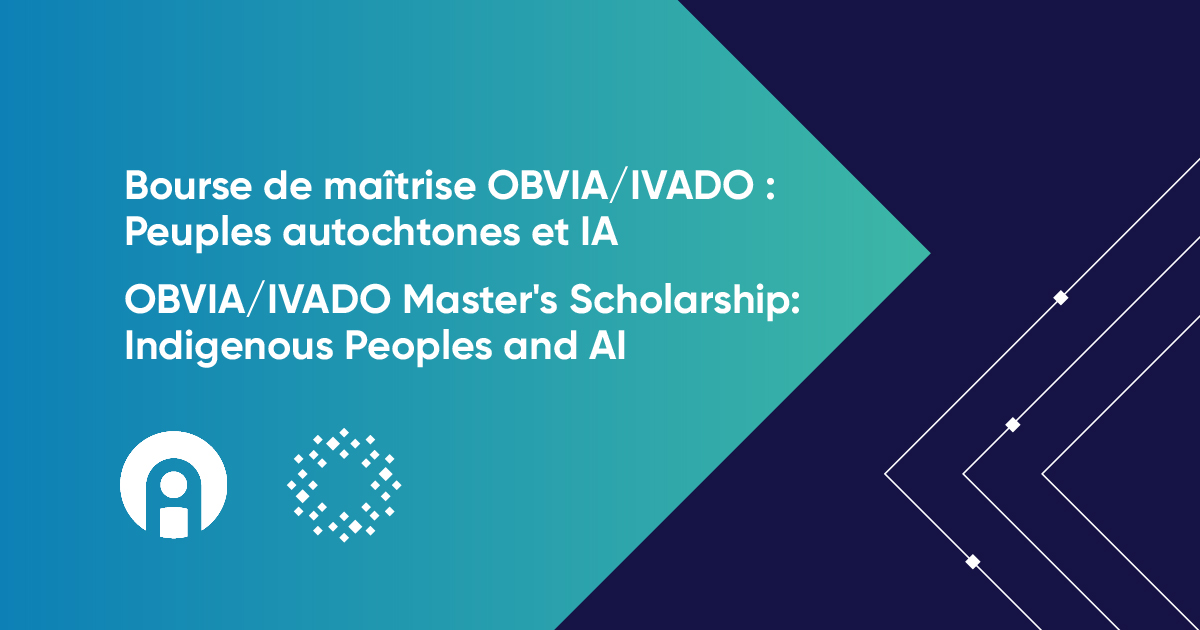 The International Observatory on the Social Impacts of AI and Digital Technology (OBVIA) and IVADO are offering a scholarship to a student in Master’s degree program with thesis to work on issues of power, inequality and discrimination in artificial intelligence (AI) specific to indigenous peoples. You are invited to attend the information session on November 2 and submit your application by December 10, 2021. For more details, click here.
The International Observatory on the Social Impacts of AI and Digital Technology (OBVIA) and IVADO are offering a scholarship to a student in Master’s degree program with thesis to work on issues of power, inequality and discrimination in artificial intelligence (AI) specific to indigenous peoples. You are invited to attend the information session on November 2 and submit your application by December 10, 2021. For more details, click here.
New datasets available at QICSS
- Data from the Canadian Health Measures Survey (CHMS) linked to data from the Canadian Vital Statistics Database (CVSD) – Death Database, from the Canadian Cancer Registry (CCR) and the Discharge Abstract Database (DAD)
- Survey on sexual misconduct at work (SSMW) 2020
Job offer - Statistical assistant at QICSS laboratories in Montreal
Statistics Canada is looking for a statistical assistant for the QICSS laboratories at the Université de Montréal, McGill-Concordia and UQAM-INRS. Please send cover letter and CV by email to Yves-Emmanuel Massé-François. For all the details, click here.
